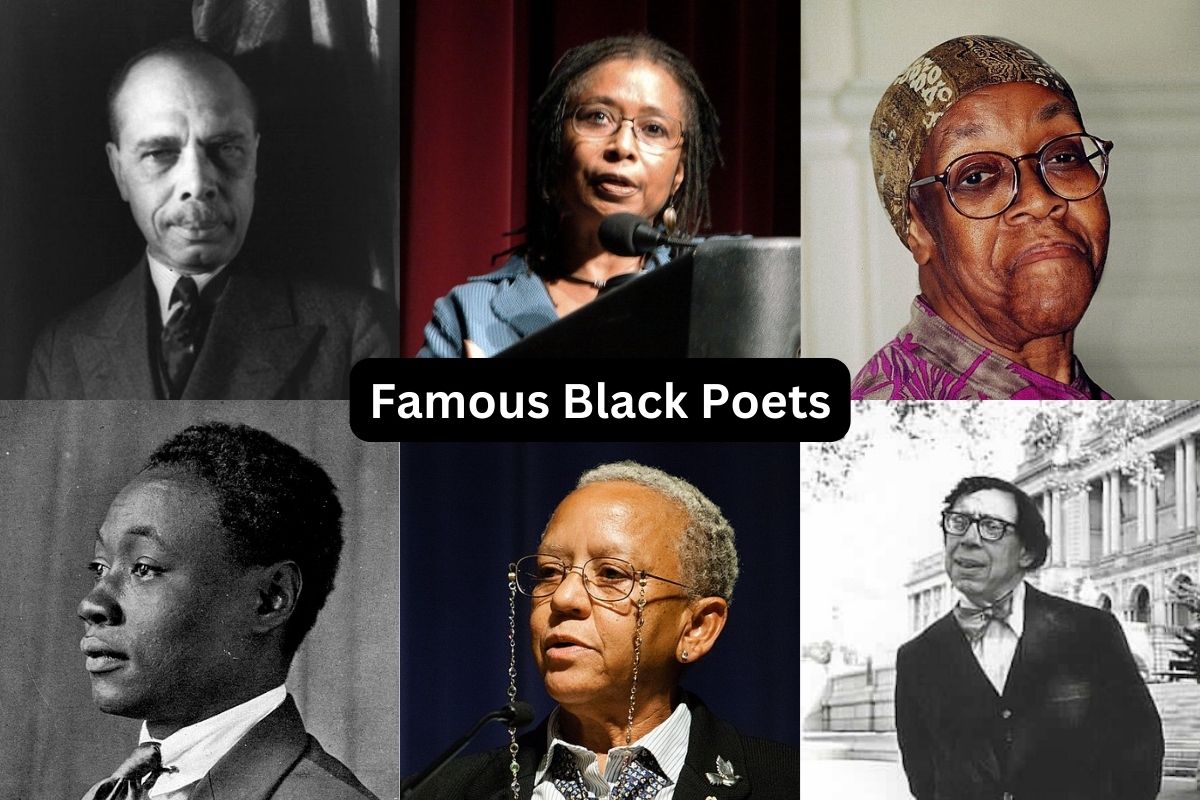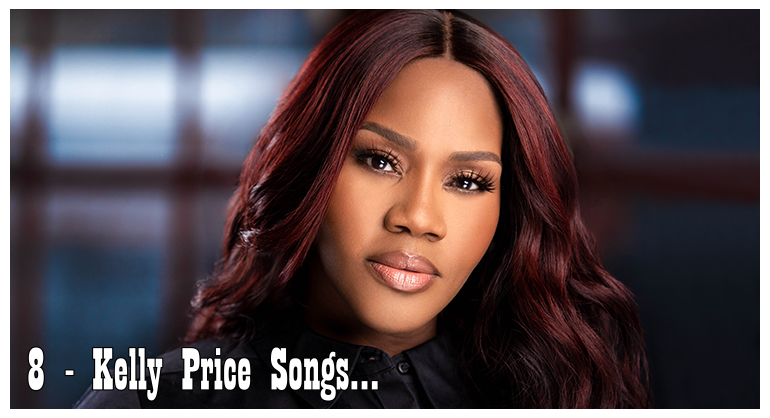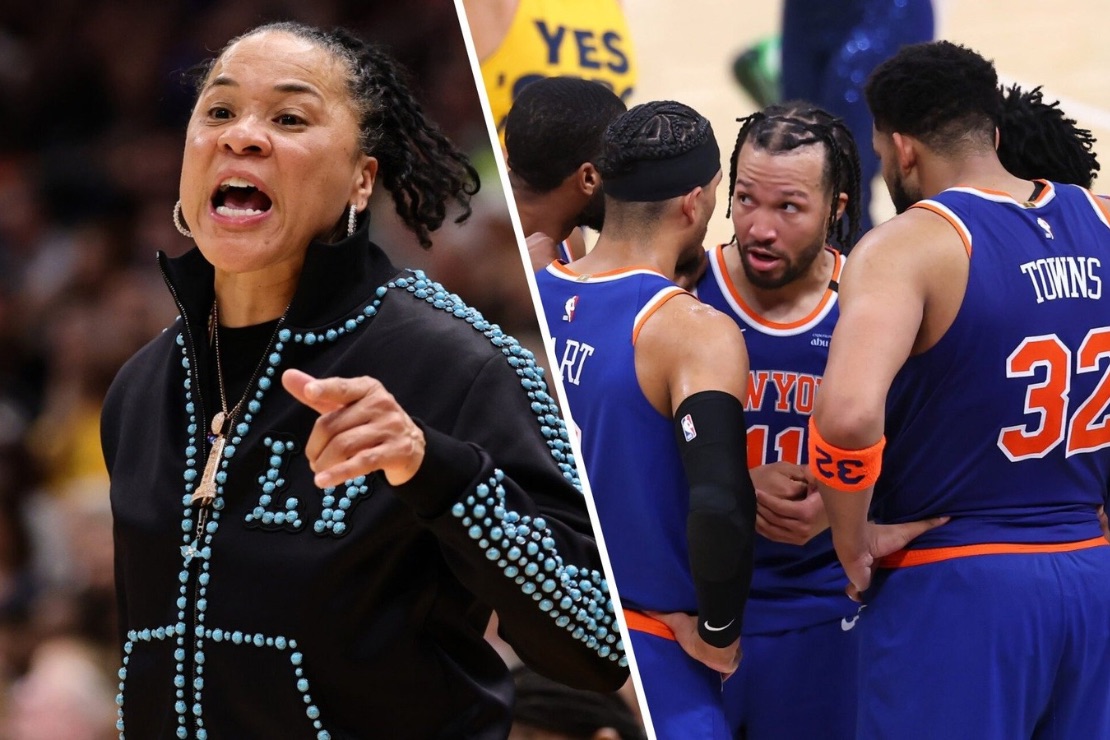(ThyBlackMan.com) The world of poetry is vast, varied, and deeply personal. Among its luminaries, Black poets have long stood as beacons of resilience, hope, and unparalleled creativity. These poets, often emerging from the crucibles of racial injustice, societal prejudice, and personal strife, have used their verses to encapsulate the Black experience in all its multifaceted beauty. The title of “greatest” Black poet is a contentious one, with various poets laying claim to the title through their unique contributions to the literary canon. This essay seeks to delve deep into the legacy and influence of several Black poets who have shaped the trajectory of poetic expression.

Langston Hughes: The Luminary of the Harlem Renaissance
Langston Hughes is a name synonymous with the Harlem Renaissance – a cultural and artistic explosion that took place in the 1920s. His poetry, enriched by the rhythms of jazz and blues, captures the essence of Black life and pride during this era. In works like “The Weary Blues” and “I, Too,” Hughes paints a vivid picture of the aspirations, frustrations, and indomitable spirit of Black Americans. His influence extends beyond his era, with modern poets often citing him as a foundational figure in Black poetry.
Maya Angelou: A Symphony of Resilience and Hope
Maya Angelou’s life and works are a testament to the strength of the human spirit. Rising from a childhood marked by trauma, Angelou’s voice emerged as a clarion call for Black women everywhere. “Still I Rise,” “Caged Bird,” and “Phenomenal Woman” are not just poems; they are anthems of resistance, self-love, and empowerment. Angelou’s influence transcends poetry, with her autobiographical works and essays also leaving an indelible mark on literary history.
Gwendolyn Brooks: An Intimate Chronicle of Urban Black Life
Gwendolyn Brooks’ Pulitzer-winning poetry offers a window into the everyday lives of Black individuals in urban America. Whether it’s the young pool players in “We Real Cool” or the poignant portrayal of motherhood in “The Mother,” Brooks’ poems are snapshots of Black existence, marked by its joys, sorrows, and intricacies.
Amiri Baraka: The Voice of Revolution
Amiri Baraka, with his politically charged verses, stood at the forefront of the Black Arts Movement. His poems, plays, and essays are fiery critiques of racial prejudice, capitalism, and colonialism. Works like “Dutchman” and “Black Art” are powerful calls to arms, urging Black individuals to rise, resist, and redefine their place in society.
Audre Lorde: The Warrior of Intersectionality
Audre Lorde’s poetry is a confluence of her identities as a Black, lesbian, feminist, and mother. Through her verses, Lorde navigates the intricate web of race, gender, and sexuality. In poems like “Coal” and “Who Said It Was Simple,” Lorde underscores the need for intersectional feminism and the recognition of the multi-layered oppressions faced by Black women.
Nikki Giovanni: The Evolution of a Poetic Voice
Nikki Giovanni’s journey as a poet mirrors the evolution of Black consciousness during the latter half of the 20th century. Bursting onto the scene during the tumultuous 1960s, Giovanni’s early works were marked by a fiery revolutionary spirit. However, as the years progressed, her poetry matured, reflecting deeper introspection and a broader exploration of Black life and womanhood. In poems like “Ego Tripping” and “Bicycles,” Giovanni masterfully oscillates between pride in Black heritage and the universal themes of love, loss, and human connection.
Lucille Clifton: Celebrating the Black Female Body and Spirit
Lucille Clifton’s poems are a celebration of the Black female body, spirit, and experience. With a minimalist style, Clifton delves deep into themes of family, sexuality, and resilience. Her acclaimed collection “The Book of Light” touches upon personal experiences, from her ancestry to her struggles with cancer, crafting a narrative that is both deeply personal and universally resonant.
Yusef Komunyakaa: War, Jazz, and the Interplay of Light and Shadow
Yusef Komunyakaa’s poetry is a blend of his experiences as a Vietnam War veteran and his deep love for jazz. His collection “Neon Vernacular,” which won the Pulitzer Prize, is a vivid tapestry of war memories, urban landscapes, and musical rhythms. Komunyakaa’s verse, marked by its rich imagery and tight rhythms, invites readers to explore the interplay of light and shadow in the human experience.
Rita Dove: Crafting Narratives Across Time and Space
Rita Dove stands out for her ability to craft narratives that traverse time and space. Whether it’s the story of her grandparents in “Thomas and Beulah” or the tragic life of a Black violinist in Europe in “Sonata Mulattica,” Dove’s poetry is a deep dive into history, culture, and personal memory. Her tenure as the U.S. Poet Laureate further cemented her status as one of the leading voices in contemporary poetry.
Sonia Sanchez: The Melody of Black Liberation
A crucial figure in the Black Arts Movement, Sonia Sanchez’s poetry dances with the rhythms of Black liberation, womanhood, and love. Incorporating the cadences of blues and jazz, Sanchez’s works like “Homegirls and Handgrenades” and “Shake Loose My Skin” are a fusion of sound and emotion. Her lyrical style often intertwines with her activism, making her poems both a call to action and a reflection on Black life.
Derek Walcott: A Caribbean Odyssey
Hailing from the island of St. Lucia, Derek Walcott brought the essence of the Caribbean to the global stage. His magnum opus, “Omeros,” is an epic poem that reimagines the tales of the ancient Greek epics in a Caribbean setting. Walcott’s poetry, characterized by its lush imagery and intricate structure, captures the beauty, history, and complexity of Caribbean life and identity.
Linton Kwesi Johnson: Dub Poetry and the Black British Experience
Linton Kwesi Johnson introduced the world to “dub poetry,” a form that blends reggae rhythms with spoken word. His works, set against the backdrop of the Black British experience, touch upon themes of racism, police brutality, and colonialism. Songs like “Inglan Is a Bitch” and “Dread Beat an’ Blood” are not just poems but anthems of resistance, capturing the zeitgeist of Black Britain in the 1970s and 1980s.
Warsan Shire: The Diasporic Dream
Warsan Shire, a British-Somali poet, brings forth the voices of the diaspora, migration, and displacement. Her poignant lines in “Home,” which state, “No one leaves home unless/home is the mouth of a shark,” encapsulate the heart-wrenching realities faced by refugees. Shire’s work is a deep exploration of identity, belonging, and the spaces in-between.
Claudia Rankine: Confronting Modern Racism
In her groundbreaking work “Citizen: An American Lyric,” Claudia Rankine offers a searing commentary on contemporary racism in America. Through a mix of poetry, essay, and visual imagery, Rankine lays bare the microaggressions, systemic prejudices, and overt acts of racism faced by Black individuals in everyday life. Her work stands as a powerful testament to the realities of being Black in modern-day America.
The Intersections of Music and Poetry
Black poets have often drawn inspiration from music, be it the soulful strains of jazz, the revolutionary beats of hip-hop, or the rhythmic pulses of Afrobeat. Poets like Jayne Cortez, with her fiery performances backed by a band, blur the lines between poetry and music, showcasing the deep-rooted connection between these art forms in the Black community.
The Digital Age and Black Poetry
The rise of the internet and social media has given birth to a new generation of Black poets. Platforms like Instagram and Tumblr have become breeding grounds for young Black poets to share their works, reach global audiences, and engage in dialogues about identity, culture, and activism. Poets like Rupi Kaur, Nayyirah Waheed, and Upile Chisala have harnessed the power of digital media to redefine the boundaries of poetic expression.
Conclusion: The Boundless Horizon of Black Poetry
The realm of Black poetry is vast, with each poet serving as a beacon of light, illuminating different facets of the Black experience. From the shores of the Caribbean to the streets of urban America, from the rhythms of ancient Africa to the beats of modern hip-hop, Black poetry is a mosaic of voices, each echoing with its unique timbre and tale. As we continue to explore this rich landscape, we realize that the journey is endless, with each turn revealing new horizons, new voices, and new stories waiting to be told. The beauty of Black poetry lies not in identifying the “greatest” but in celebrating the collective, the myriad voices that together weave the intricate tapestry of Black poetic legacy.
Staff Writer; Larry Jackson
This brother, and poet at heart can be reached at; LJJackson@ThyBlackMan.com.

















Leave a Reply